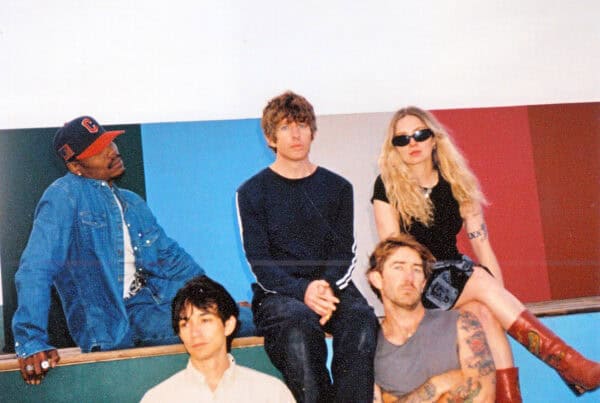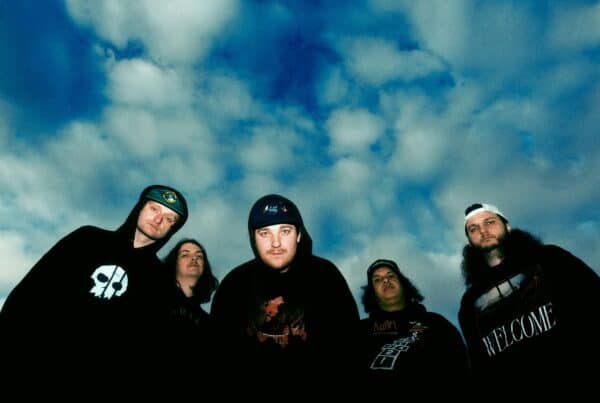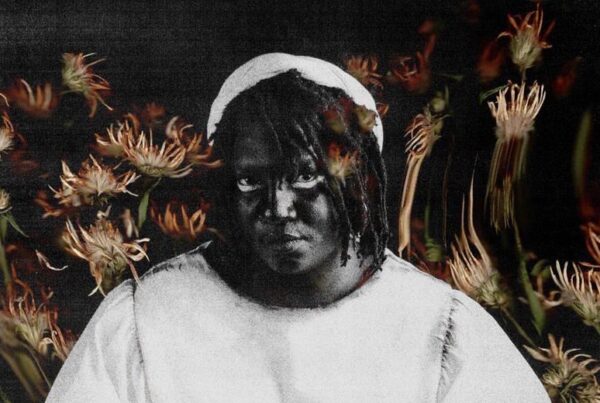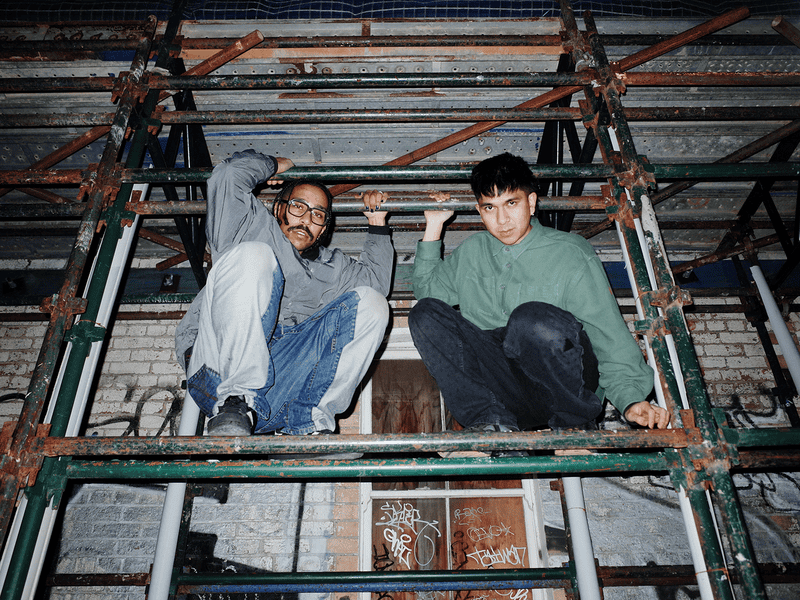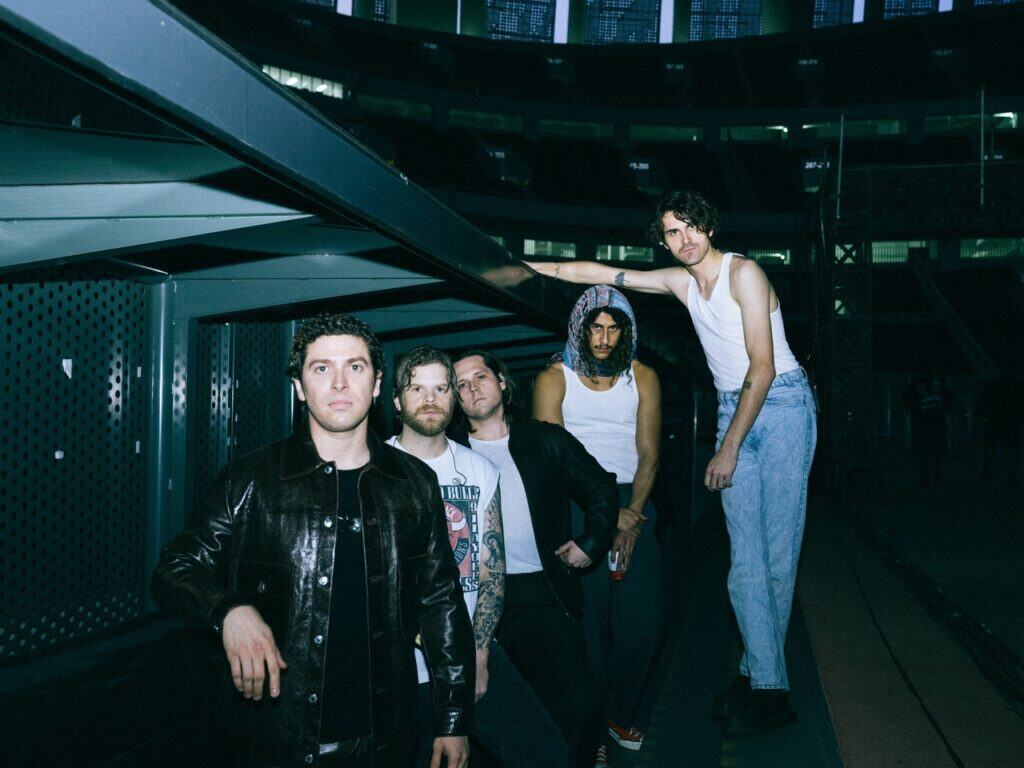Nishant Joshi is probably not a name you know that well but prepare for that to change. Over the past year, whether it be whistleblowing a national scandal, being on the frontline during COVID or fronting punk band KILL, THE ICON Nishant has had a busier year than most. Our very own Dom Smith sat down with Nishant to talk about success, music, and much more.
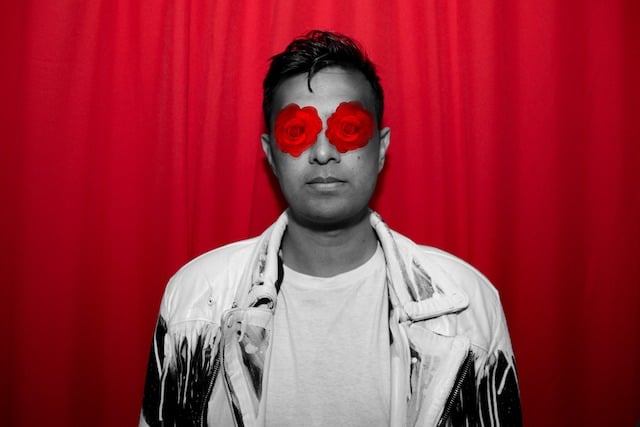
Success is arguably a varied definition for anyone that’s asked about it. Nishant comes at it from the wide-ranging experiences he has had in the healthcare system. If you asked him what the definition of success is to him earlier in his life, he would have rattled off things like doing well in his studies and becoming a doctor. “I think over time – you keep trying to chase that idea of success; you keep trying to chase that idea that success will give you happiness. But I’ve just found that it just becomes more and more distant the more you chase it.” He has a wider focus now beyond just medicine, whether that be his music or activism, and it has changed his view of what success means and has let him come to terms with the fact it never stays the same. “Being able to understand my patients, and my society, my community around me. I’ve just gained such deep perspectives on all aspects of society.”
It’s been an eventful couple of years for Dr Nishant, who has been busier than the average doctor. His day job consists of working in the Luton General Hospital A&E department and was on the frontline during the beginning of the COVID 19 epidemic. At the beginning of the pandemic, there were questions raised about safety equipment that healthcare professionals were using.
His colleagues were at first a little bit cold to the good doctor speaking out. “A real good demonstration of that was the reaction of my colleagues in A&E. I think that first day, that my initial article went out that which was with the Guardian, expressing my horror at the unfolding disaster at the very beginning of the pandemic in March 2020. And I was the first frontline doctor to put my neck out and go public there.” But, over time, as the wider public reaction came in and more frontline doctors began to step up and speak out, his colleagues came round.
In music, Nishant tries to stand up to injustices, which is what Kill, the icon is all about. The project is described as ‘Anti-fascist protest punk,’ he lays his stall out clearly from the off. Nishant feels the system suppresses a lot of voices, especially people from disadvantaged backgrounds. With Britain being such a multicultural country, there should be more diversity across art and culture as a whole. “I think it’s part of the process, but the end goal needs to be passing them the mic, and how we do that is by trying to achieve some sort of equity in society, and that’s why art and culture are important in that as well. Because it’s accessible, and in the UK, we have a really multicultural society.” It really just boils down to one thing, “we just need to give everyone equal opportunities, or access to those opportunities.”
As you can imagine, it is a balancing act being a GP by day, rockstar by night and on top of that being a doting dad. But Dr Nishant pushes through. He burns the candles at both ends sometimes. That’s how passionate this man is. No trust funds, no support from a major label; it’s just Nishant and his determination. “I’d come home from an A&E shift at like half past 12, have something to eat. Try desperately to decompress and watch something, and then I would fall asleep writing non-stop emails for Palpitations (his other band) release to people such as yourself” It seems like it is always, well, all go for Nishant. “I did walk into work like a zombie sometimes, but you’ve got to power through that.”
One thing is for sure, much more is to come for Nishant and Kill, The Icon. And this is just the beginning.
Kill, The Icon’s new track Buddhist Monk is out November 19th
Words: Brett Herlingshaw / Interview: Dom Smith

